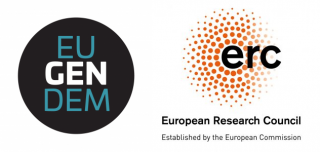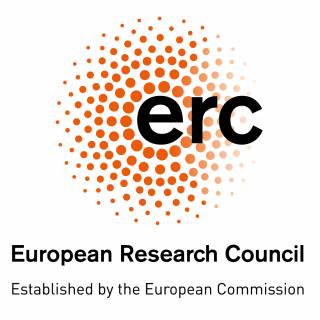
The European Research Council (ERC) funded research project “Gender, party politics and democracy in Europe: A study of European Parliament’s party groups” (EUGenDem) provides a systematic analysis of the gendered policies and practices of the political groups in the European Parliament (EP). The five-year (2018-2023) research project is funded by the ERC Consolidator Grant. EUGenDem is a collaborative research project that addresses crucial questions about the gendered and gendering policies and practices of European party politics.
Overall, the project team has collected a dataset consisting of 140 interviews with MEPs, staff, and the secretariat of the EP (reaching gender parity among the interviewees, covering all 8 political groups); 193 pages of ethnographic observations (resulting from 55 days, 440 hours in the field); as well as EP and political group statutes, programs, and policy documents.
The research and analysis conducted during the project has led to over 70 scientific publications so far. For more information, please check out the Publications page. A major achievement has been the publishing of the edited volume on ‘European Parliament’s Political Groups in Turbulent Times‘ (2022).
The project team has included: Professor Johanna Kantola as the Principal Investigator; Dr Anna Elomäki and Dr Petra Ahrens as Senior Researchers; Dr Cherry Miller and Dr Barbara Gaweda as Postdoctoral Researchers; and Dr Valentine Berthet and Liliia Antoniuk as PhD students. Dr Berthet completed her doctoral degree within EUGenDem in September 2022. For more info about the team, please check the About us page.
To provide critical gender analysis, EUGenDem has undertaken an empirical analysis of party group policies and formal and informal practices in relation to gender. The project links informal institutions, everyday practices, and discourses to policies generating research designs like parliamentary ethnography with which the persistence of gender inequalities is analysed more thoroughly. The EUGenDem project by design branches mainstream European Union studies with gender research as well as political science insights with ethnographic perspectives. The methodological innovation of parliamentary ethnography is also an interdisciplinary contribution to comparative political science.
The project has had a high societal impact as it speaks directly to the current political crises in Europe, and provides an understanding of their gendered underpinnings.


